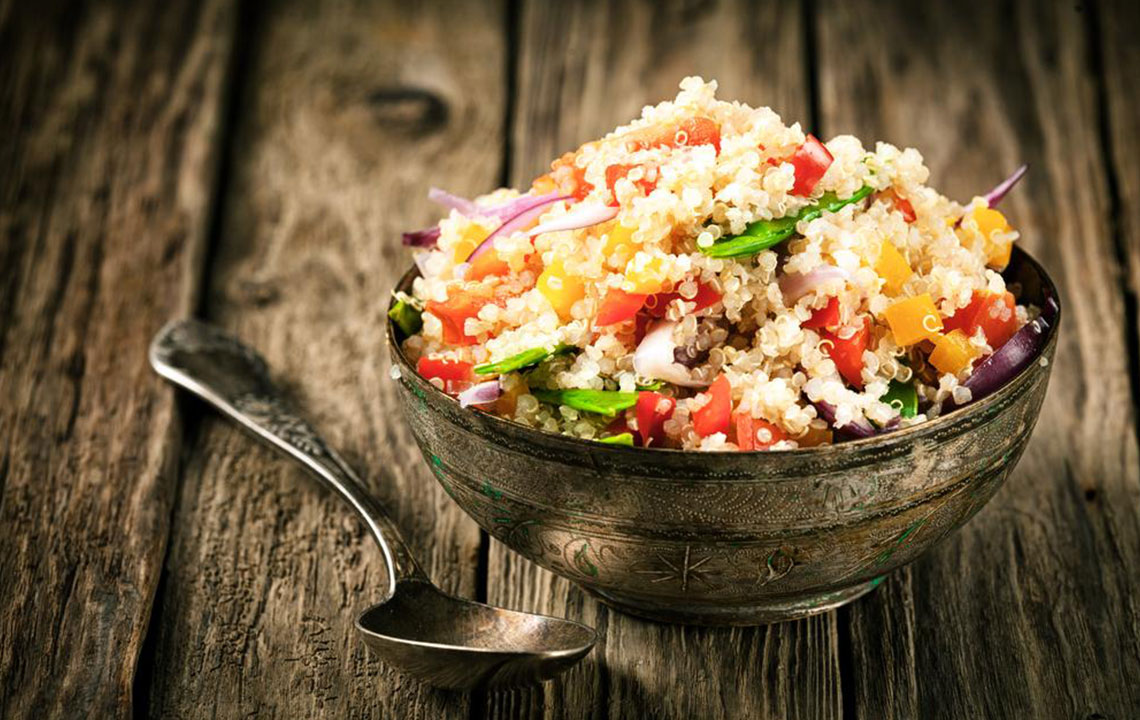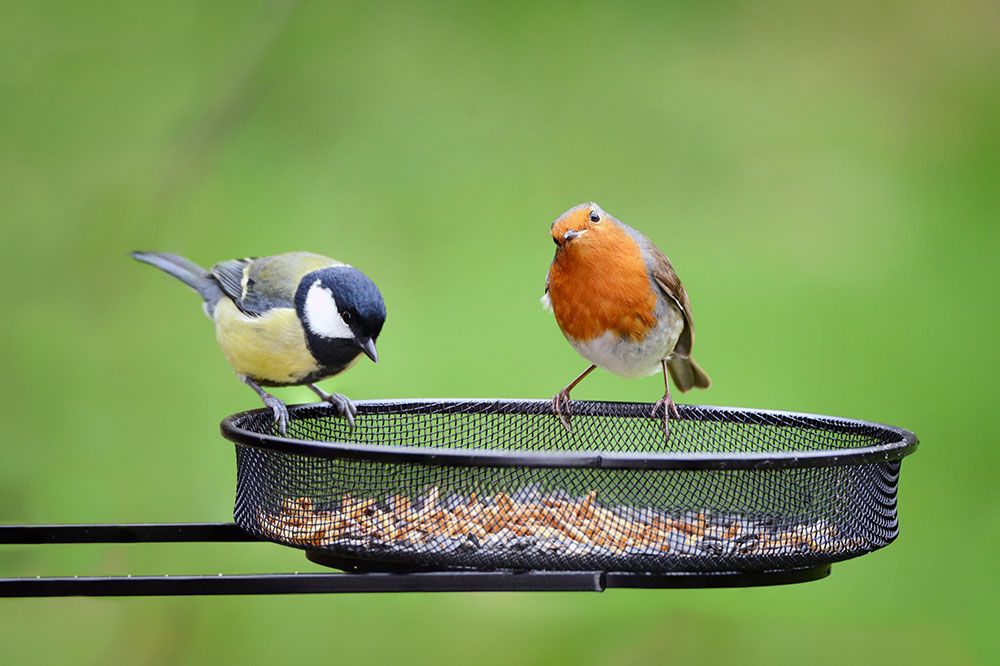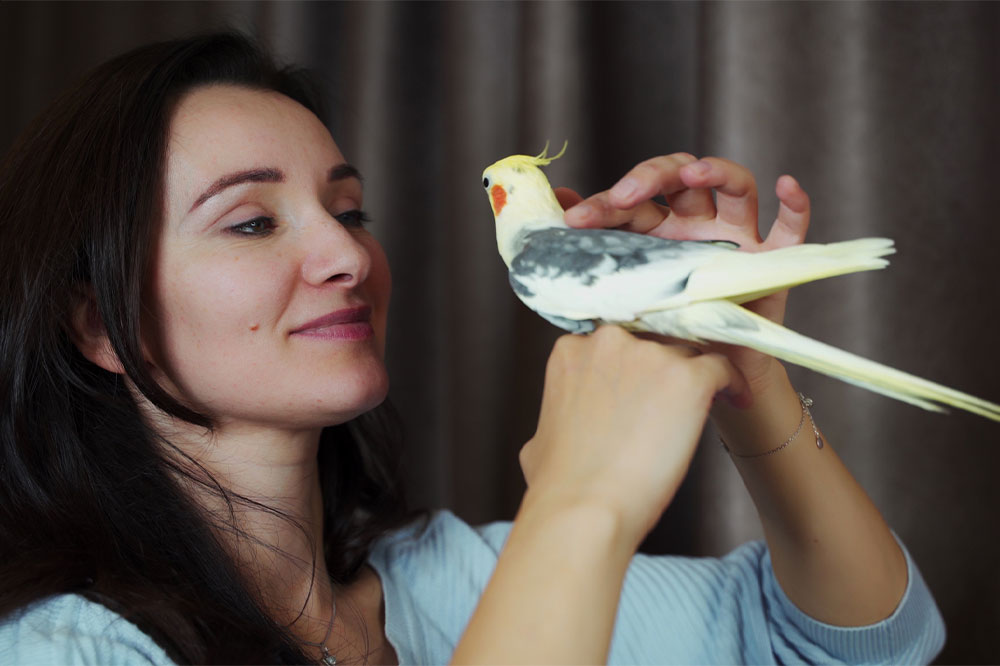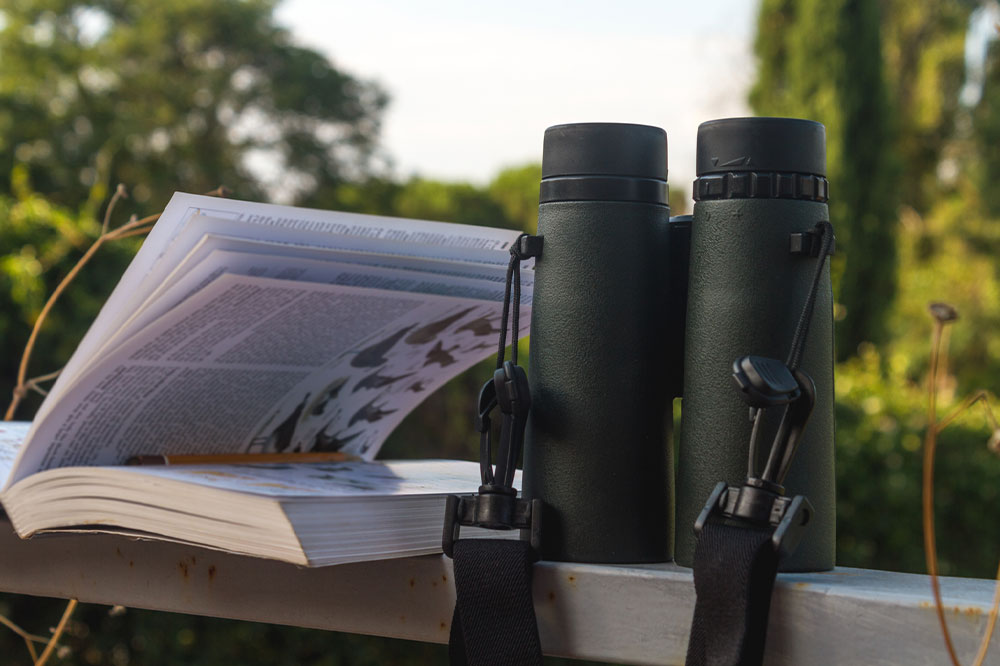Top 5 Natural Foods to Attract and Sustain Wild Birds in Your Garden
Discover the top five natural foods to attract and nourish wild birds in your garden. From sunflower seeds to fresh fruits, learn how to create a bird-friendly environment that supports local avian species. This comprehensive guide offers practical tips on selecting the right foods and accessories to encourage a vibrant and diverse bird population in your yard, ensuring you enjoy spectacular birdwatching all year round.
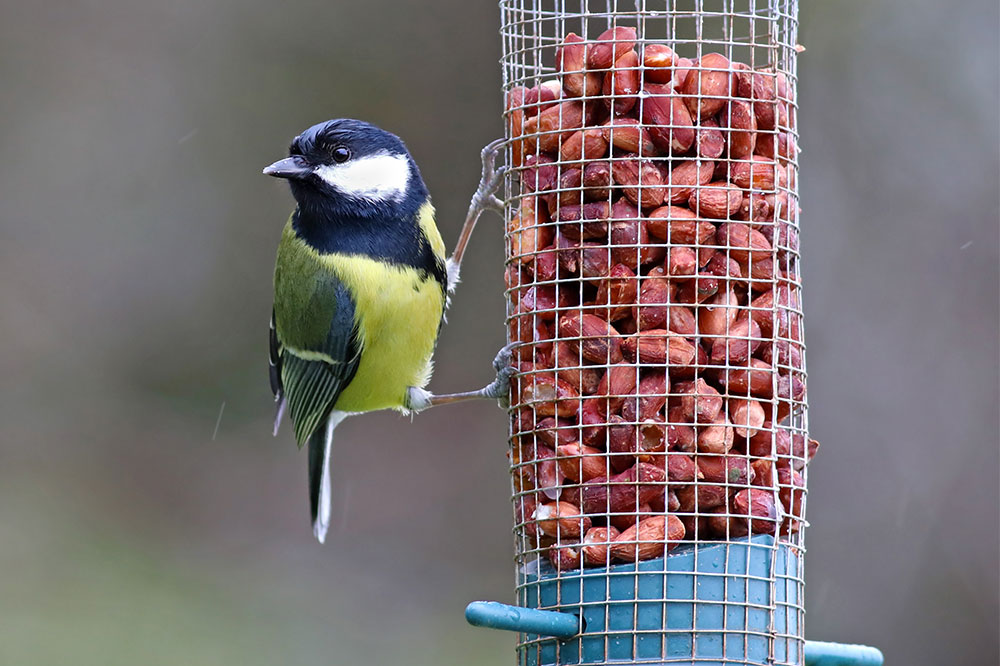
Creating a lively and vibrant bird-friendly environment in your yard is easier than you might think. By offering the right foods, you can attract a diverse array of wild bird species and encourage them to visit regularly. While commercial birdseed mixes are readily available, many natural, cost-effective options exist that are equally appealing to our feathered friends. Recognizing the dietary preferences of different bird species allows you to tailor your offerings for maximum attraction and health benefits. In this comprehensive guide, we explore the top five natural foods that are proven to draw a variety of wild birds, ensuring your outdoor space becomes a prime birdwatching hotspot.
1. Sunflower Seeds – The Bird Favorite
Sunflower seeds remain one of the most favored foods among wild birds worldwide. Their popularity stems from their high nutritional value and ease of consumption. Specifically, black oil sunflower seeds are renowned for their thin shells, which are easy for many small to medium-sized birds to crack open. Hulled sunflower seeds, which have the shells removed, are another excellent option for quick feeding, especially for birds with weaker beaks or those that prefer not to invest energy breaking shells. These seeds are affordable, widely accessible at garden centers, and serve as a balanced source of fats, proteins, and essential nutrients that support the energy needs of migratory and resident birds alike.
Since sunflower seeds are so universally loved, they are ideal for attracting a variety of species, including cardinals, chickadees, titmice, grosbeaks, and even jays. Their high-fat content helps birds stay warm during colder months, making sunflower seeds an essential component of winter bird feeding. Incorporating sunflower seeds into your yard’s food offerings is a simple, effective way to boost local bird diversity and keep your avian visitors healthy.
2. Nyjer Seeds – Tiny but Mighty
Nyjer seeds, also called thistle seeds, are tiny, black, oil-rich seeds cherished by small-beaked birds such as goldfinches, siskins, and some types of sparrows. These seeds are imported from regions like Africa and India and often come at a higher cost compared to other bird foods, but their appeal to small, active bird species makes them worth the investment. To maximize their effectiveness, use a specialized tube feeder designed specifically for small seeds, which prevents seed spillage and keeps the seeds fresh for longer.
Nyjer seeds provide a high energy boost for birds especially during breeding seasons or harsh weather conditions. The oily composition of these seeds offers vital fats that sustain small birds' energy levels as they forage, migrate, or defend their territory. Keep in mind that freshness is key; stale seeds can be less enticing and less nutritious. Regularly refilling and cleaning the feeder ensures your feathered visitors stay happy and healthy.
3. Peanuts – A Nutritional Powerhouse
Peanuts are a readily available, cost-effective nutrient source for many wild birds. Rich in fats and proteins, they are highly beneficial for energy-intensive activities such as migration and breeding. Most households already have peanuts on hand, making them an easy addition to your bird feeding routine. Offering peanuts in crushed or grated form ensures they are accessible to a broader range of species, including jays, chickadees, nuthatches, woodpeckers, and titmice.
To keep peanuts fresh and prevent spoilage, store them in a cool, dry place, and serve them in a suitable feeder designed for whole or cracked nuts. Dry roasted or raw peanuts are safe options, but avoid those with added salt, sugar, or flavorings, as these can be harmful to birds. Peanuts not only attract a diversity of bird species but also contribute to their overall health with essential fats, amino acids, and minerals.
4. Safflower Seeds – A Squirrel-Resistant Choice
Safflower seeds are slightly smaller than sunflower seeds and feature a hard shell that many birds can crack open. These seeds are particularly attractive to birds like house finches, nuthatches, mourning doves, cardinals, and chickadees. One of their notable advantages is their resistance to squirrels, who often avoid safflower seeds due to their tough shells, allowing birds to enjoy more of the available food without interruption.
Incorporating safflower seeds into your feed stations can significantly reduce rodent and squirrel interference, making your bird feeding setup more effective. Because of the seeds’ hard shells, it’s best to use a durable, weather-resistant feeder that can handle the weight and shape of safflower seeds. They provide a nutritious alternative that supports your local bird populations while minimizing unwanted pest visits, creating a more bird-friendly environment in your yard.
5. Fruits – Nature’s Sweet Treat
Many wild bird species, including some of the more elusive and exotic ones, are naturally attracted to fruits. Offering fresh, sliced fruits like oranges, grapes, apples, and bananas is an excellent way to diversify your bird food offerings and attract fruit-loving birds. Dried fruits like raisins are also popular; soaking them in warm water before offering makes them easier to consume and more appealing.
Fruits provide vital sugars, vitamins, and hydration, especially during migration or breeding seasons when birds need extra energy. Placing fruits on feeding stations, in tree branches, or on ground feeding trays can draw in a broad range of species, adding a splash of color and activity to your yard. Additionally, fruit scraps are a sustainable and environmentally friendly way to attract wildlife, encouraging a natural diet that supports their overall well-being.
In conclusion, selecting a variety of natural foods tailored to the dietary preferences of local bird species can greatly enhance your bird watching experience. By incorporating sunflower seeds, nyjer seeds, peanuts, safflower seeds, and fresh fruits, you create a welcoming habitat that nourishes and sustains wild birds, attracting diverse species all year round. Invest in these natural, affordable options, and enjoy the beauty and lively activity that wild birds bring to your outdoor space.

